Egypt is a beautiful place, full of ancient mystique and wonder, but what is it like? Is it safe? When should you go? Let my top Egypt travel tips help you figure it all out.
Table of Contents
My Top Egypt Travel Tips and Things to Know
Is it safe to visit Egypt?
First and foremost, most people want to know if Egypt is safe to visit.
Yes, Egypt is safe!
I know safety can be a tricky question because everyone has different opinions on what feels safe and what their concerns are.
Speaking from a male perspective, on a tour, with an armed guard (yeah, more on that later), I felt completely safe at all times. This includes the times when I was alone and away from the tour as well, such as while wandering through Khan el-Khalili, which is the famous bazaar and souq in the historic center of Cairo for several hours.
Yea, I know. Someone out there will roll their eyes about a male feeling safe under ideal circumstances, but I did cut out on my own quite a bit.
And guess what? The females in my group said they felt safe as well. One of them loved Egypt so much that she went and returned to Egypt a few months later.
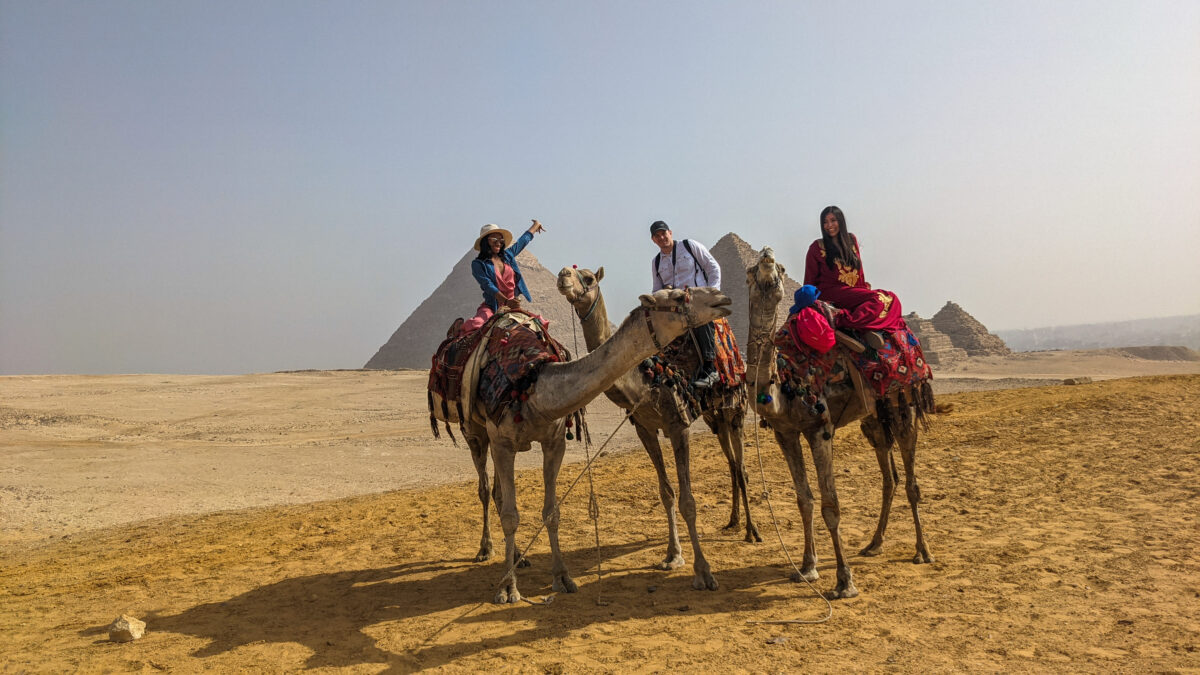
This group thinks Egypt is safe!
Expect a strong military and police presence
This ties in directly with how safe Egypt is.
The police and military are everywhere. You’ll be going through heavily armed checkpoints while driving, and you’ll see them wherever you turn while walking around.
Worry not, they’re not there because of some impending threat, they’re there for your protection. While terrorist attacks do happen, tourism is very important to Egypt, and they don’t want anything to mess with that.
Unfortunately, there have been incidents over the years where terrorists directly targeted tourists. The most recent having been on December 28, 2018, when a bomb targeting tourists was planted near a bus, tragically killing four Vietnamese tourists.
Here you can find more information about the specific attacks. You can also get official Egypt Travel Advisory updates from the US Government.
If you’re with a group, any encounters with the military will be handled by your guide. I only had one run in with them, while in Hurghada, and that was when someone was pulled out of the car and fined 50 Egyptian pounds (about $3.00) for not wearing a mask.
If you keep your eyes peeled and know what you’re looking at, you’ll be able to spot some very unusual firearms. Even my group’s private security was carrying TEC-9s. LANAAAAAAAA!!!
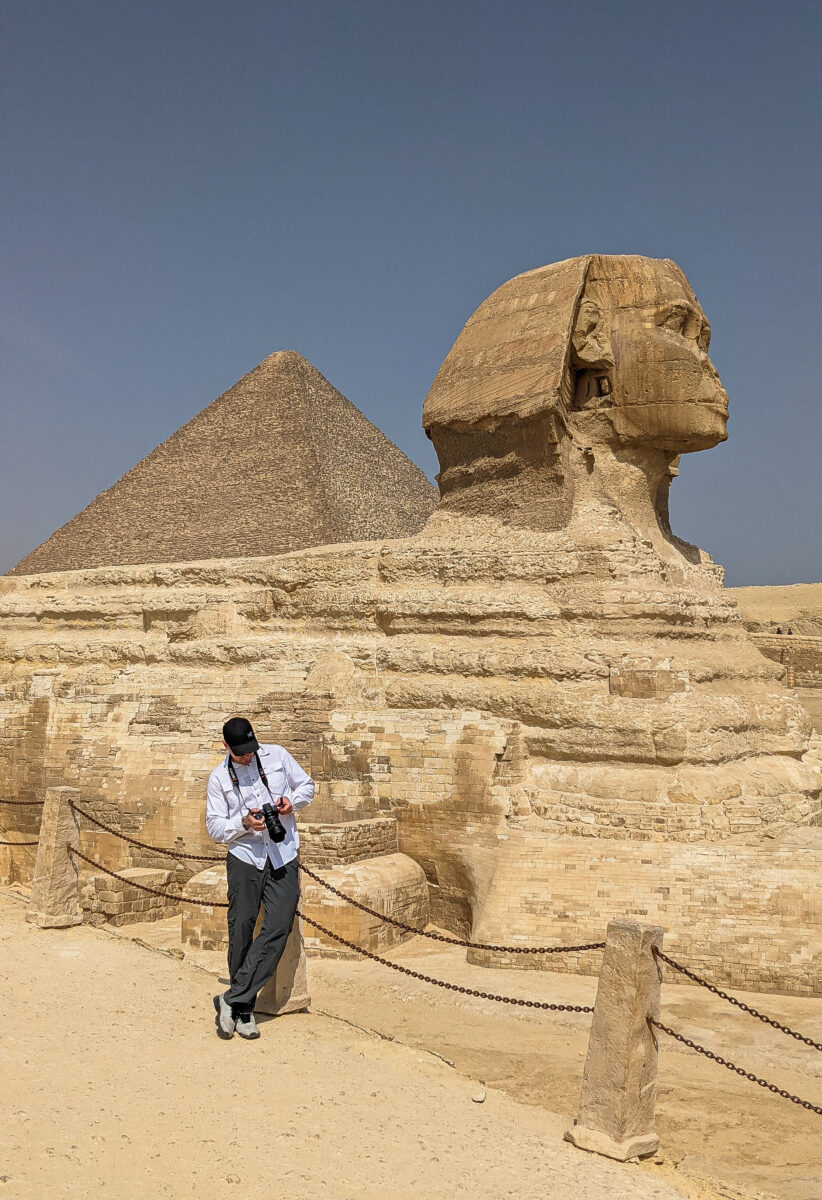
Unfortunately, catcalling and heckling of women happens too much
The sexual harassment/heckling/catcalling of women is fairly common in Egypt.
We did have private security so this was generally kept to a minimum for us, but I saw it happen to plenty of others.
My tour also had one member who was significantly harassed by an employee at Abu Simbel who wanted to make her his bride.
She wasn’t groped, but she was alone when it happened, and shaken enough that she told the rest of us. It then made its way to our security who snagged the man from his post and together, with the other police, they put the fear of God in him.
They don’t mess around with your safety where tourism and tourists are concerned.
That’s the thing with security. You need to be with them for them to be effective; so if you have it, stay with your group.
.
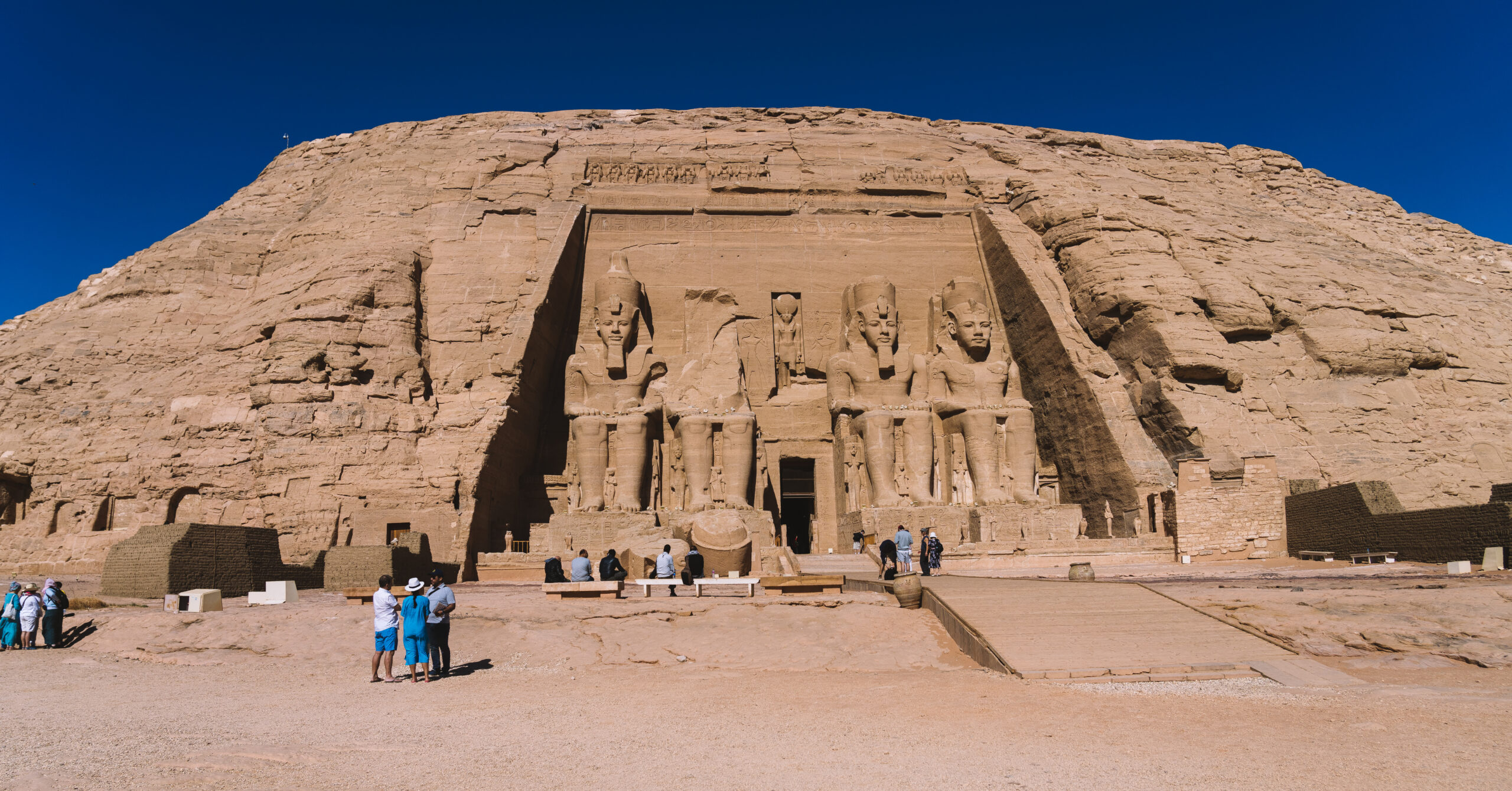
Abu Simbel was being threatened by modern expansion and the rising Nile river, so the entire temple, including the massive rock it was carved into was relocated! So crazy with how big it is. Not my favorite picture, but I needed the tourists for scale!
Egypt Travel Visa
Most visitors to Egypt will require a visa for entry. This includes U.S. citizens.
A renewable single-entry 30-day tourist visa can be purchased on arrival at Egyptian airports for $25. A multiple entry visa is also available for $60.
The process is fast and easy and can be done right in the airport upon arrival. You walk up to a counter near the customs line and tell them you’d like a travel visa. You’ll pay, provide a few necessary details, they’ll give your passport a visa stamp, and boom. You’re done.
If you’re interested, there is also an eVisa option that you can apply for from home. This was designed to simplify the process and be more convenient for travelers. This seems to be the more popular of the two methods as there was only one other person in line with me at the visa counter.
I preferred the in-person option because I’m “that guy” who collects passport stamps.
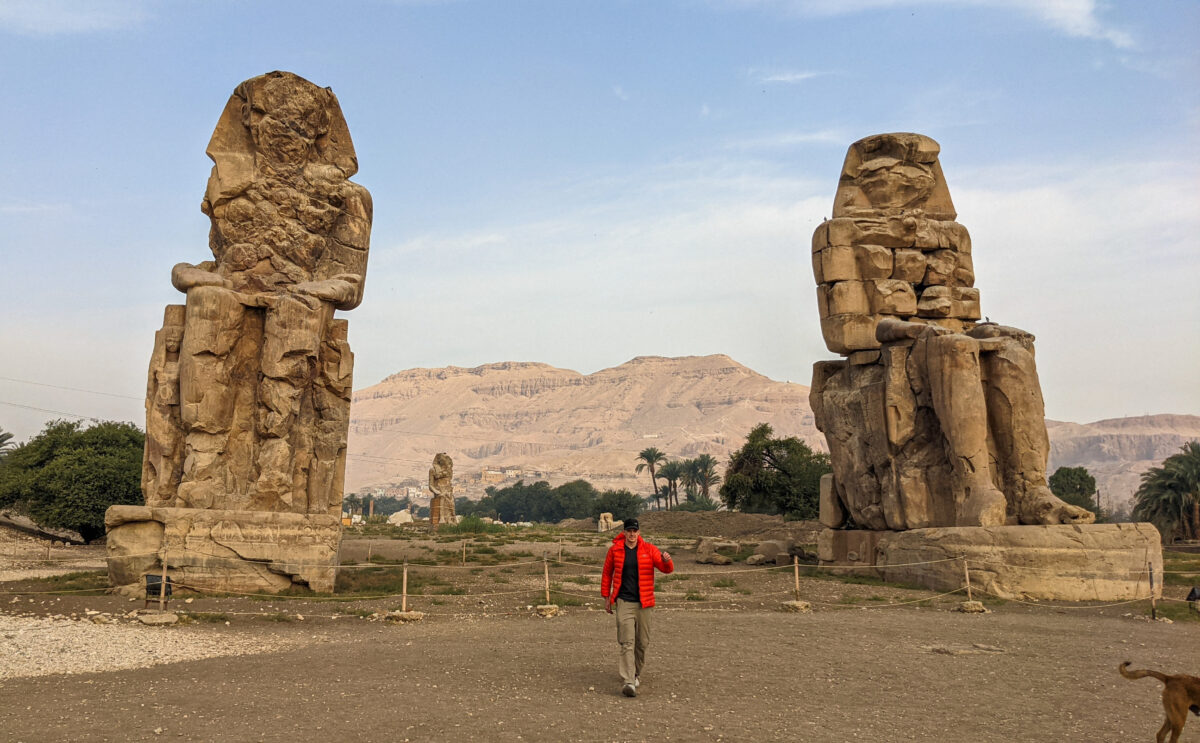
Getting photobombed by a dog’s butt.
Egypt COVID-19 Restrictions
COVID travel restrictions change like the wind, so be sure to check what they are before your trip.
At the time of writing, fully vaccinated travelers are not required to take a pre-departure test for Egypt. They must have with them a vaccine certificate showing full vaccination at least 14 days before arrival.
The vaccine certificate must also have a QR code or be approved by the Egyptian Embassy in the country of departure. Passengers under 12 years old are also exempt from pre-departure testing.
Most U.S. vaccination cards, including those issued by the Centers for Disease Control, do not include a QR code required by the Government of Egypt, and, as a result, most U.S. vaccination cards are not accepted by Egyptian authorities. So Americans need a pre-departure test.
All other travelers arriving from overseas, including Egyptian nationals, are required to present a printed medical certificate showing results of a negative PCR or rapid antigen test taken no more than 72 hours prior to arrival.
Travelers who arrive at any location in Egypt with a negative PCR test (including QR code) are not required to quarantine. Anyone that tests positive for COVID-19 while in Egypt is required to quarantine for 14 days.
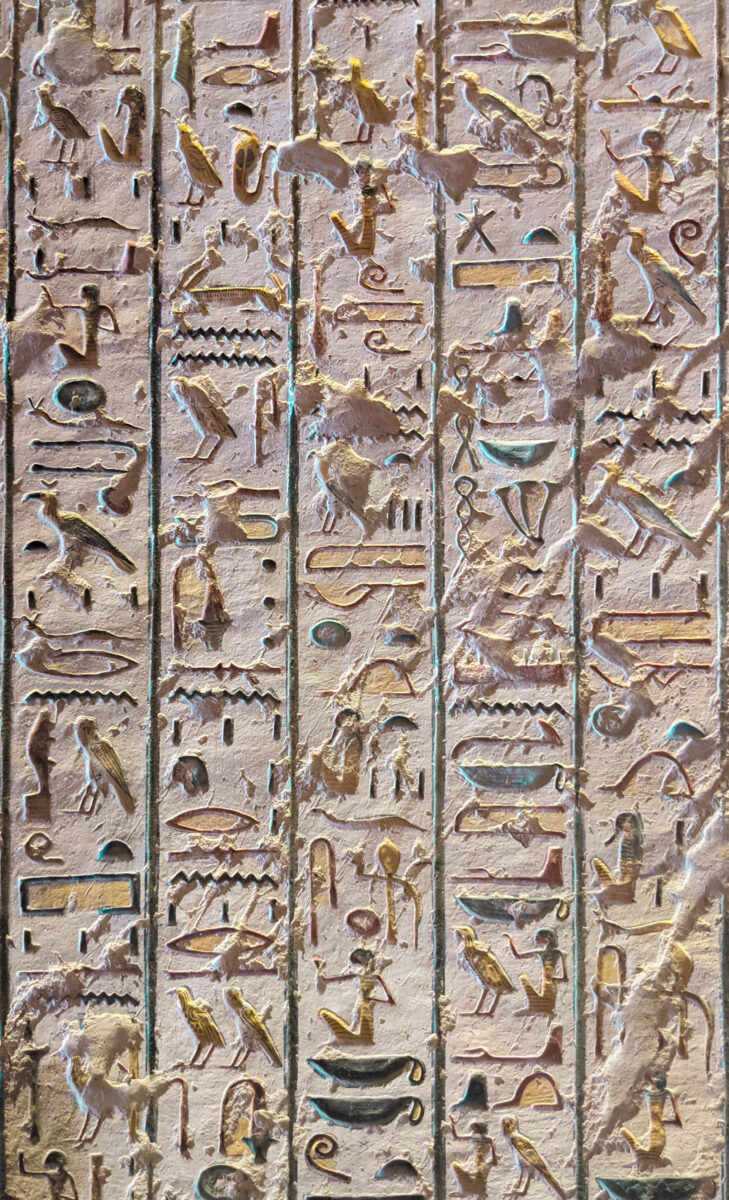
I took so many pictures of hieroglyphics! I just wish I knew what they said. No loitering?
Tipping is part of the culture
Egypt has by far the most tipping-heavy culture I’ve yet to encounter. It’s so prevalent, that they even have their own special word for it, baksheesh, which in parts of Asia and North Africa means: a small sum of money given as a tip, bribe, or charitable donation.
While this practice has developed over many years, a large part of it is the very low pay. As such, be sure to tip for services.
Carried your bags? Tip’em. Your driver? Tip’em. Restaurant worker? You get the idea.
Just be prepared, because people want to be tipped for everything and anything. You look’n in my direction? Tip me.
I had one guy who randomly walked alongside of me while I was heading to a monument while he told me how to find it. I already knew exactly where it was and politely told him as much.
As I was leaving, he again followed me back to the entrance. That’s when it started. “Just give me something small. Something small in Egyptian money.” Even though I kept declining he wouldn’t quit. It wasn’t until I finally said “What exactly am I tipping you for? For you following me somewhere that I was already going?” That’s when he finally gave up.
A more humorous example is while I was headed to Alexandria and my driver stopped to get gas. He tipped the attendant who helped us, but as we were leaving, a different, station attendant asked for a tip just because we drove in the parking lot. When I laughed about it, my driver shrugged it off and said it’s part of the culture.
![]()
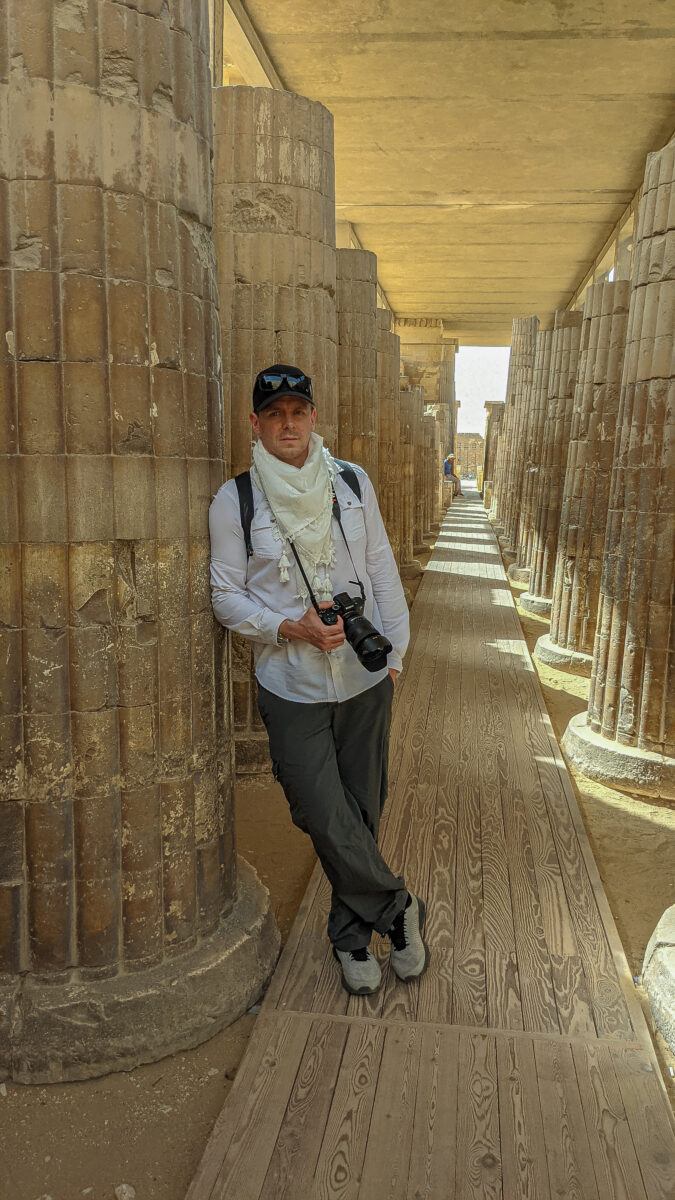
I’m loitering. Didn’t the sign just tell me not to?
Carry plenty of small value Egyptian cash
This is more in line with the tipping, but be sure that you always have cash on you, particularly in small amounts to tip with. Don’t be the tourist who stiffed their server/driver/guide/barber. It’s a bad look.
Nothing is free
Nothing. Is. Free.
Never accept anything being handed to you. Not if they want to show it to you, not if they tell you it’s free, not if they accidentally drop it on your head. Unless you’re picking it up from a merchant’s table, don’t touch it, because once it’s in your hands, it’s extremely difficult to give it back.
Just got a free friendship bracelet? Well, now you’ll be expected to tip the cost of the item. Want to take a picture of a camel? You better be prepared to pay for that picture if the owner sees you.
Whatever you do, do not let them put anything on you such as that free bracelet. Getting it back off is an ordeal. Especially if they can knot it on and it needs to be cut.
While I was in the process of learning this the hard way, in pure frustration at trying to give something back, I said to a random onlooker, “Hey can you hold this for a second?” I then handed it to him and just walked away. The pushy salesman immediately accepted it back from his friend who laughed about it.
Later, while we were in one of the tombs, a friendly employee allowed everyone to sit inside a sarcophagus. I wouldn’t recommend getting so hands-on in general, but that’s a different discussion. Anyway, everyone took a picture in it except for me who declined to get in, and what do you know, everyone ended up paying too much money for that picture.
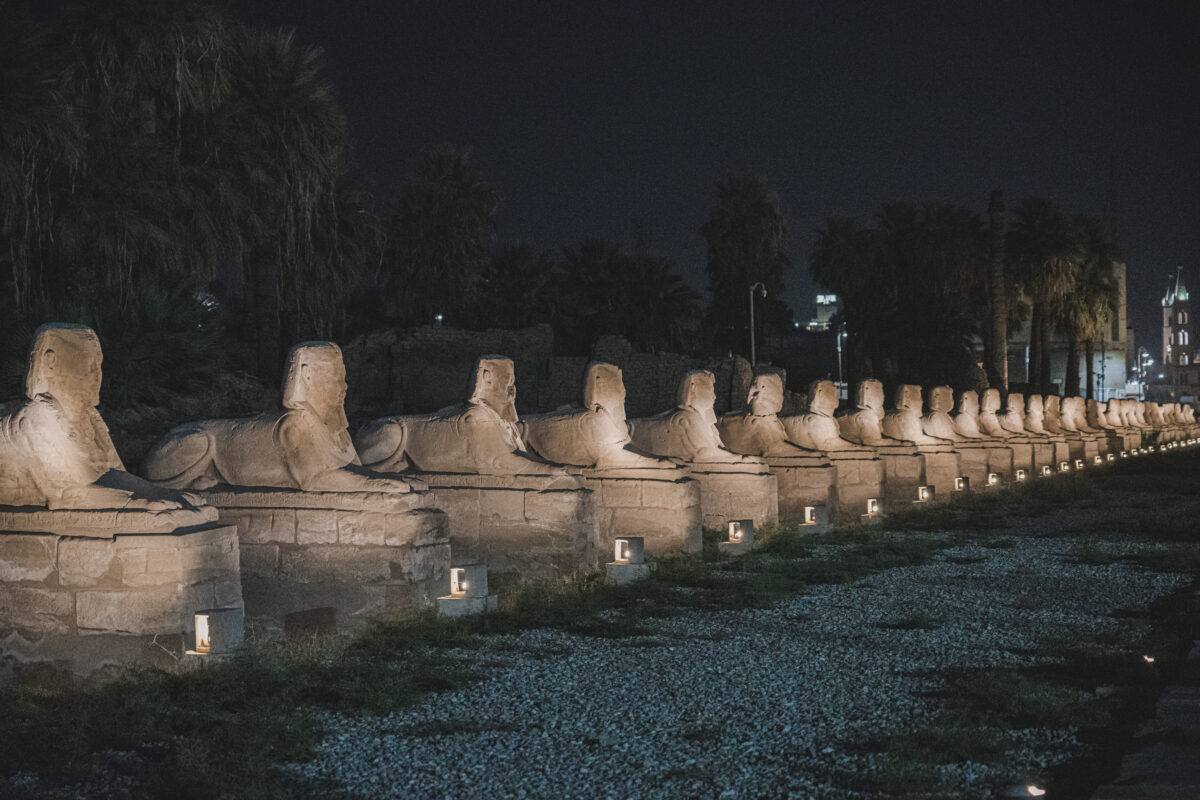
The greatest Egyptian mystery of all time… What is the plural of sphinx?
Be respectful of the temples and monuments
Would you like it if someone came to a sacred site that meant a lot to you and started disrespecting it? Be respectful.
Remember that picture I just mentioned? Well, it may be old, but you’re essentially climbing into what was someone’s coffin. Creepy and disrespectful.
Is the area closed to the public? Sure, you can easily bribe your way into some of those choice off-limit areas and score a good picture, but again, I probably wouldn’t. You always run the risk of being caught by the wrong person. Plus, it’s closed for a reason.
Think you’re going to be clever and climb the pyramid while nobody is looking? Do not even think about trying. They will arrest you, and you’ll be fined and thrown in jail for up to a month. You don’t want to go to jail in Egypt.
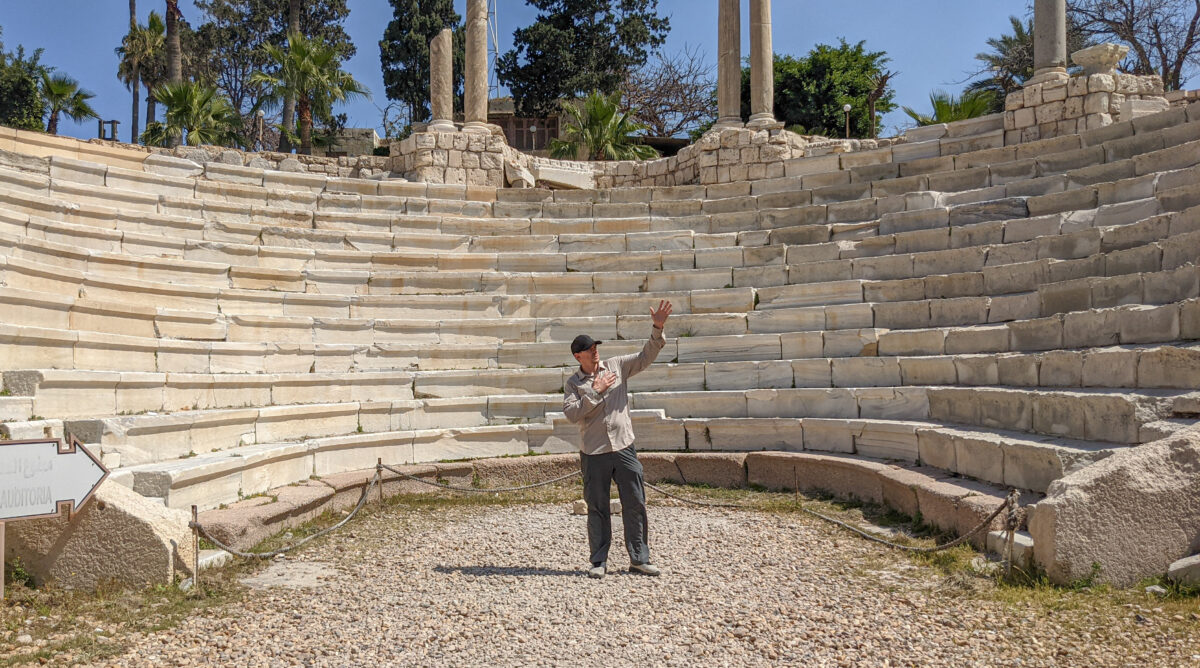
Rome has a presence all over the ancient world. Be excellent to each other.
Be wary of scams
Scams are rampant in any tourist area, but many can be avoided by following a few rules.
Where my Egypt travel tips are concerned, one rule to remember is to always agree on a price before you purchase anything. This is from boat rides to a photograph while sitting on the back of a camel. Egyptian scammers are notorious for overcharging after the fact, and you’ll have very little recourse for something like a taxi ride that you can’t give back.
To combat this, use ride-booking apps as such as Uber where the price is predetermined and can’t be manipulated by the driver.
Another thing to remember is to say no. Don’t let them bully or pressure you into anything. I know this sounds ridiculous. Just say no, right? Well, these guys are persistent and they’ll guilt you!
Be firm in your denial, and don’t engage with them if they’re being pushy. You have to know when to cut and run. The friendly guy walking alongside you towards the pyramids? You may not have realized it but he thinks he just became your new tour guide.
Scammers working in busy tourist areas generally know the police who work the site so things can escalate pretty quickly given the situation. Remember, you’re the tourist.
Finally, always count your change, and count it closely. Egypt has two specific banknotes; a 50-piastres note which is worth only half a pound, or about $0.02 (Why does this even exist?!), and a 50-pound note which is worth around $2.69.
Scammers will swap notes when you aren’t looking and claim you paid in piastres. They also like to give you a stack of change with the smaller 50 piastres note instead of 50 pounds, hoping you’ll see a 50 and not think twice about it.
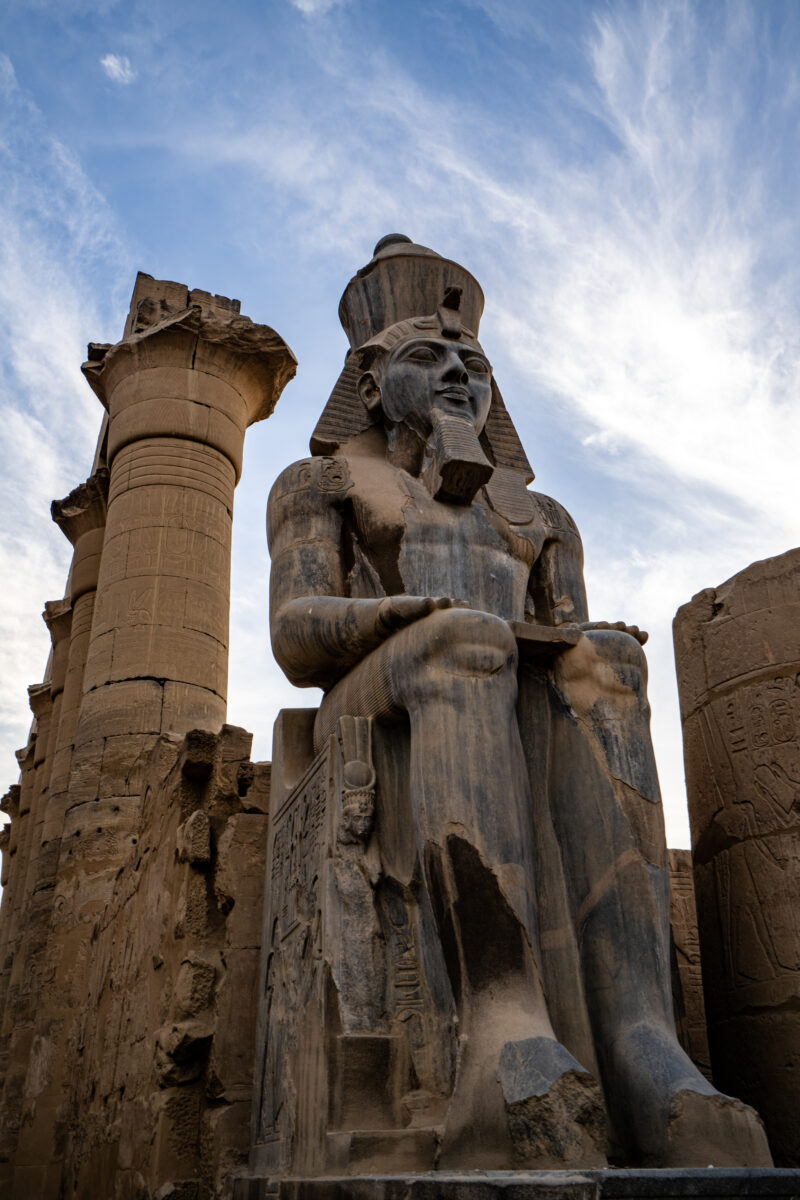
Be wary of pickpockets
Pickpockets are present in Egyptian cities. Just know that they’re around, and be conscious of your things. This isn’t really an Egyptian problem though, as you’ll find them in most major cities around the world.
I personally never keep my wallet in my back pocket since that’s one of the easiest spots for them to hit, along with the outer pockets of your bag. My travel pants have a zippered cargo pocket, so I usually keep it in there, or deep in my bag where it would be difficult to access.
Another thing to watch out for is digital pickpockets. Make sure that your wallet, or even your bag, is made of an RFID blocking material. What they do is they’ll use a small device that looks something like a cellphone. They then hold it against where they think your wallet is to try pulling the numbers from your credit card’s magnetic strip.
Not gonna lie, I’ve had my card number skimmed twice now. It’s a pain in the neck.
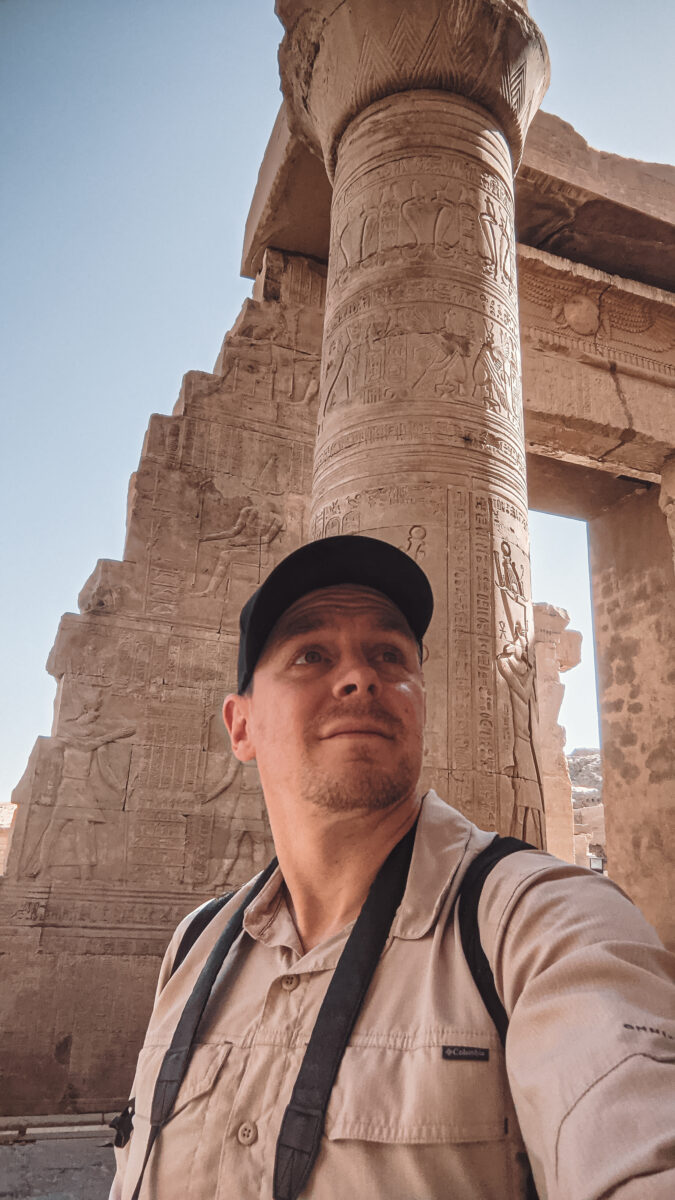
I wish I didn’t hate tripods so much.
Haggle for things, but know when not to
Haggling is another one of my top Egypt travel tips. Sure, you can haggle in many countries around the world so you may be thinking that this is nothing new, but of everywhere I’ve been, I’ve seen the greatest success with it in Egypt.
I’m not the biggest haggler, mostly because I don’t care, but one of my co-travelers was a champion at it. She told me several times that I overpaid for things.
If you are a haggler, a good opening point is to start with a lowball offer of half what you’re looking to pay and go from there.
Walking away after you’ve gotten them as low as you can is usually a good way to get more taken off. I watched her walk away and then when we revisited the area an hour later, she walked away again, before they chased after her and finally gave her the price she was willing to pay.
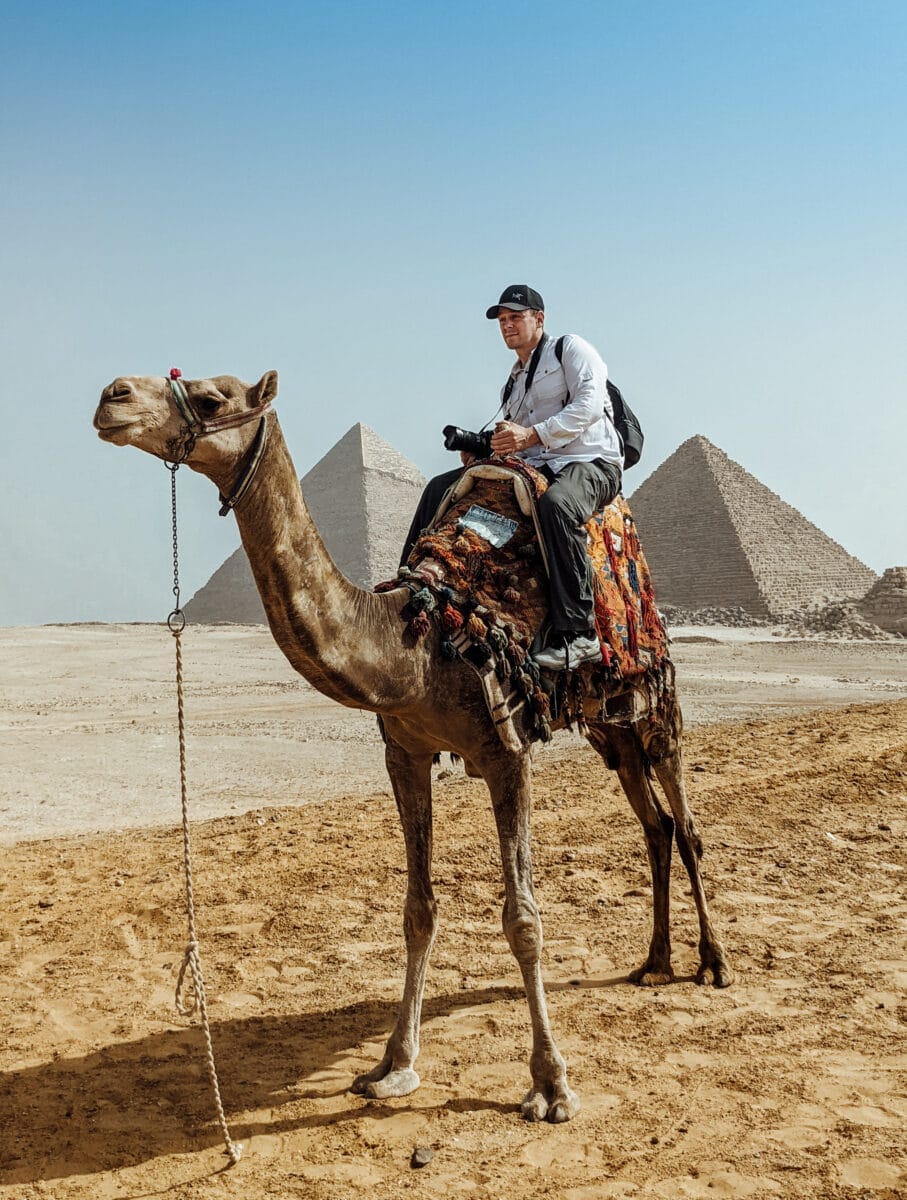
In Egypt, Uber is a better bet than a regular taxi. The UberCAMEL takes a bit longer, but it’s worth it.
![]()
When not to haggle
Remember, haggle with the vendors who are overcharging you right out of the gate, but don’t try to haggle for things such as goods from a regular store, coffee shops, restaurants, public transportation, and services that have a preset price.
I watched as the aforementioned haggler went overboard twice. Once when she asked our guide to get her a suitcase from a legitimate store and decided that he overpaid. Then another time on a dive trip where she ordered the photo package and decided it was too expensive when they went to charge her.
This resulted in her crying and the photographer getting pissed off when she tried to haggle. She knew the listed price before the dive, and he had just spent fifty minutes following her around underwater. To have someone pull a “That’s too expensive, I’m not going to pay that much” when you knew the price going in is just disrespectful.
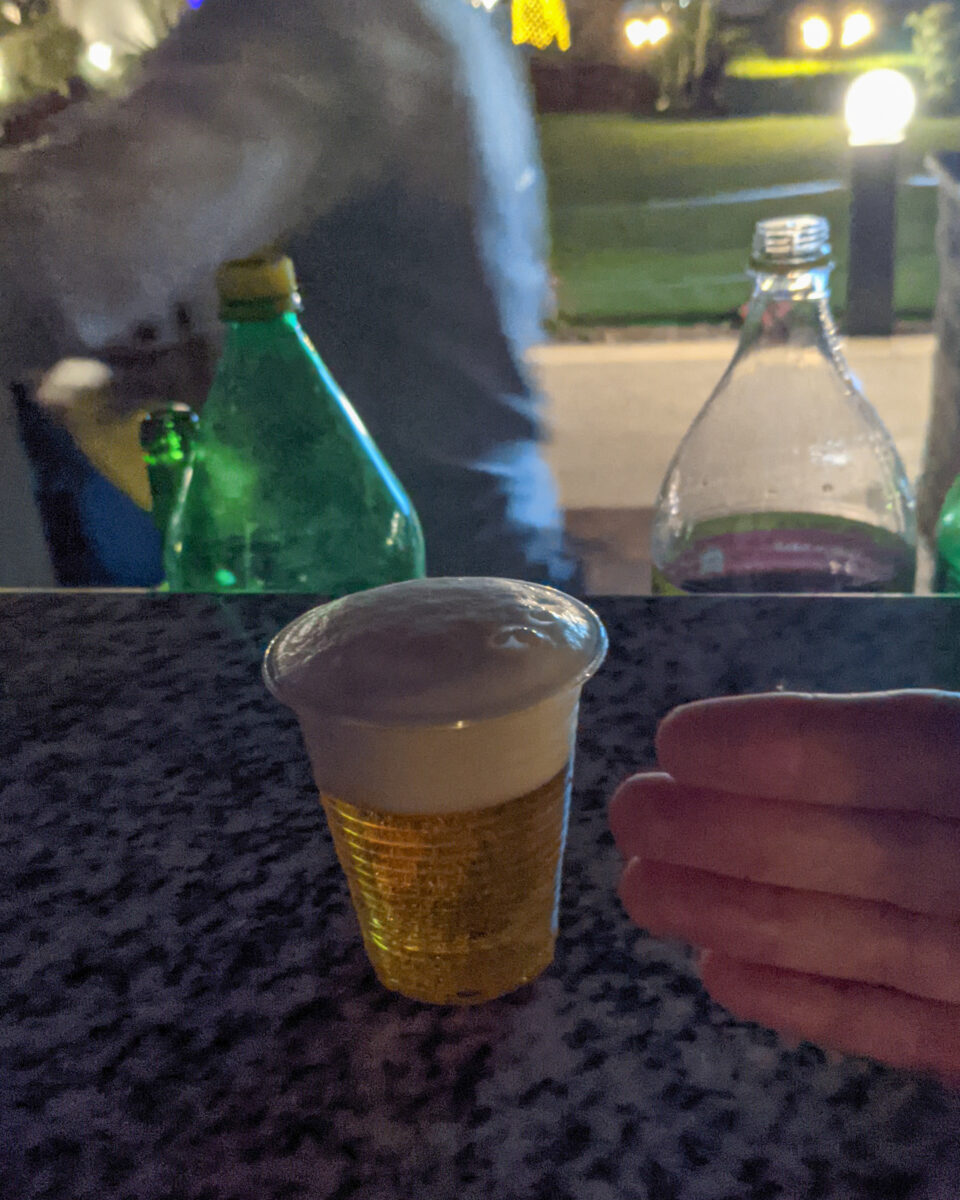
I wish I could have haggled for a larger cup of beer, but this is one of those no-haggling moments.
SIM Cards and WiFi Hot Spots
If you need a SIM card, one can easily be purchased at a kiosk in the airport. The one I saw people using most was located in baggage claim. Just be sure that you have a phone that’s unlocked.
If you’re looking for something a bit more, you can easily purchase a mobile hotspot with a wealth of data. One of the girls in my group did this and she had way more than she could ever use at a reasonable price.
Don’t drink the water
Due to water scarcity, Egypt suffers from poorly sanitized water. As such, do not drink it.
It’s estimated that 95.5% percent of Egypt’s drinking water is poorly sanitized.
While Cairo is on the safer end of the spectrum, that’s only because the water is very heavily chlorinated. So, basically, it’s going to taste like a swimming pool. Buy bottled instead.
I know some travelers like to use local water to brush their teeth so they can “build a tolerance” to it, but who here hasn’t ever swallowed any water while brushing their teeth? Do you want to risk having to spend the next several days stuck sitting on the toilet?
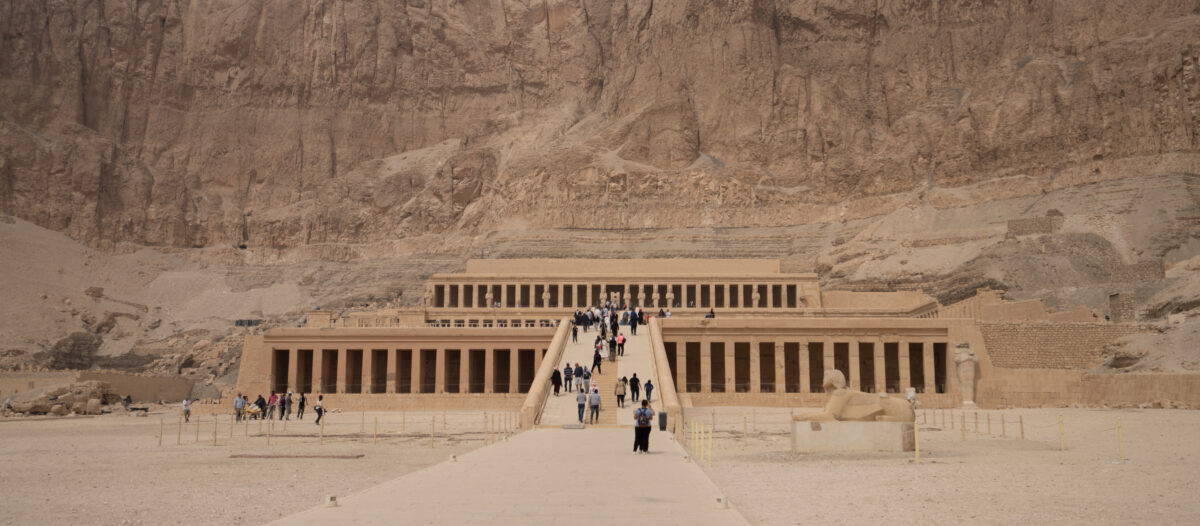
The Mortuary Temple of Hatshepsut. Hatshepsut was the second historically confirmed female pharaoh. After her temple was built, many of the workers killed themselves to remain with her. Talk about being hard up for someone. No chill. Send flowers instead.
Tourists pay extra and there are fees for everything
Be prepared to pay the tourist rate. Also, be ready for additional charges such as a camera fee.
Yes, if you want to take photographs inside certain museums and temples, such as the Great Pyramids, you must also purchase a photography pass. Costs for the pass vary depending on the temple, but if you don’t have one they’ll stop you from even bringing your camera inside.
Some places do make an exception for cell phone cameras and only enforce the passes for larger DSLR, mirrorless, and action cameras.
Want to use a tripod? Yea, there’s an extra fee for that on top of the camera pass you just purchased.
Camera passes typically run around 300 EGP per site (around $19)
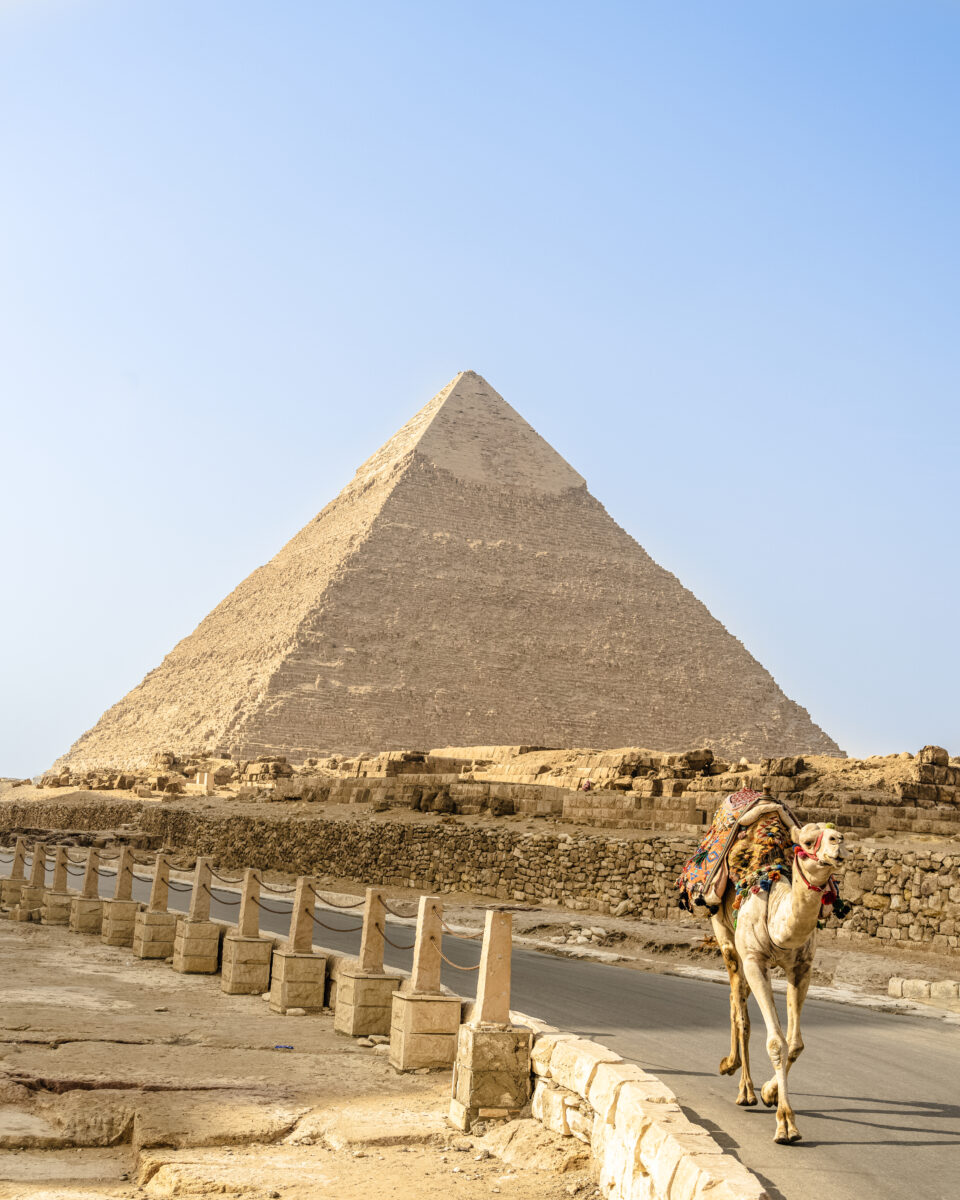
Nothing to see here. Just a random camel walking down the street unattended.
The summer brings the heat
The temperatures in Egypt during summer average 104 degrees Fahrenheit (40 degrees Celsius) but can reach as high as an eye-popping 122 F (50 C).
With July being the hottest month, the best weather is from September to April, but that’s not to say that it won’t still be hot out.
I went to Egypt in mid-March and it was still quite hot out during the day. Don’t let that fool you though, because it is an arid desert with dry heat, so as soon as the sun goes down, the temperature begins a sharp drop.
I took an overnight train from Cairo to Luxor and it was like being in an icebox.
Nights can get cold, so don’t forget to pack a jacket, even when you are expecting hot days. This is an Egypt travel tip I wish I had given my friend before her trip. I had only told her how hot it was during the day and forgot to mention how cold it gets at night. She was freezing without a coat. Oops. Sorry!!
Don’t bring a drone, they’re illegal
Drones are illegal in Egypt. If they’re found in your luggage (your bags are x-rayed by customs upon entry) they will be confiscated, and you’re never getting them back.
Even if you somehow manage to get it through the airport, the second someone sees it up in the air, they’re going to hunt you down, and then you’re in for a heap of trouble. Remember when I mentioned all of those soldiers? They’re watching.
In Egypt, drones are viewed as potential weapons, and that’s a position you don’t want to put yourself in.
In fact, it’s risky even bringing a large telephoto lens. Long lenses are associated with the media there, and they don’t like that. Travel vlogger Lost Le Blanc had thousands of dollars worth of camera equipment confiscated from him while at the Cairo airport.
If you make it through customs, you’ll probably be okay with it, but do you really want to risk losing that $4,000 piece of glass?
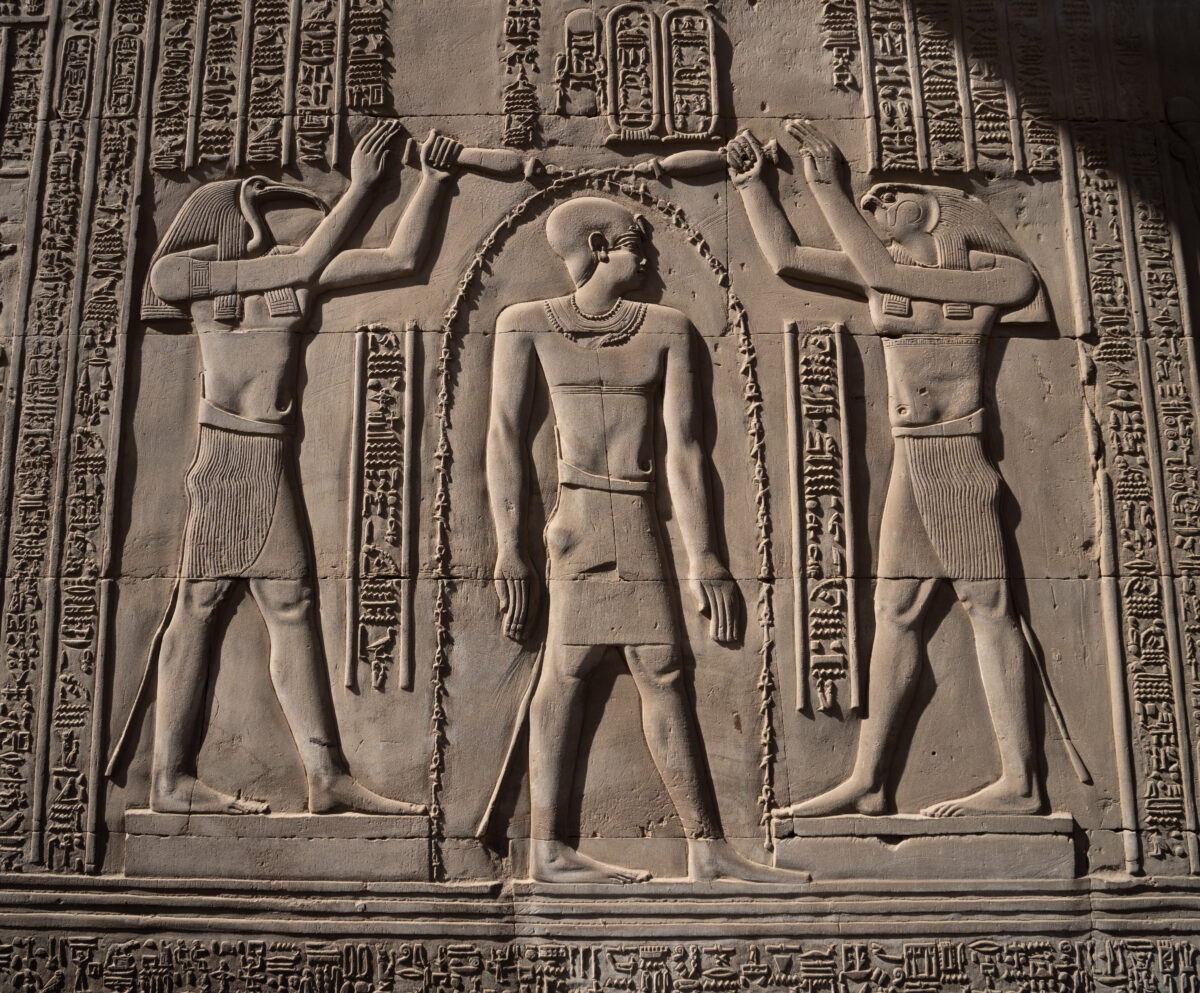
Book a tour
Okay, I know, I hate tours. I don’t like how restrictive they are, I don’t like having someone telling me where to go, where to eat, or when to wake up, but certain countries are just tougher than others to rent a car and go free-wheeling on your own. This is one of them.
Egypt is just flat out a difficult country to free-wheel it in. You’ll want to hire a driver at the very least as renting a car also brings its own risks with it. Not having had an Egyptian speaker with us at checkpoints could have proven to be a problem when someone got the mask fine in Hurghada.
Then, of course, the driving in Cairo was the most chaotic I’ve ever seen.
Oh, and there’s the whole tourism terror alert that I mentioned above. A tour guide, or at the very least a driver will help keep you safe, especially if it comes with armed security.
The tour company I used was Timeless Tours. I later found out that a friend of mine who went to Egypt a few months later used the same company.
I also spoke with someone who didn’t book a tour and the impression I got was that I saw far more than them over a comparable amount of time.
Get the Pyramid Pass
I have seen many people say in their Egypt travel tips to skip entering the Great Pyramid. Even my tour guide said to skip it because we’d be seeing a “better” pyramid later that didn’t cost extra.
It wasn’t particularly impressive inside. It was a steep, long tunnel with a relatively bare room at the top.
So why bother?
Simple. It’s the Great Pyramid of Giza! This is one of the seven wonders of the world! Why wouldn’t you enter? Not going inside the pyramid is like going to Machu Picchu and not walking inside any of the buildings just because they’re empty.
I suppose it all comes down to what you’re willing to spend on your trip, but again… there are only seven wonders in the world.
Cost to enter is 400 EGP (about $22).
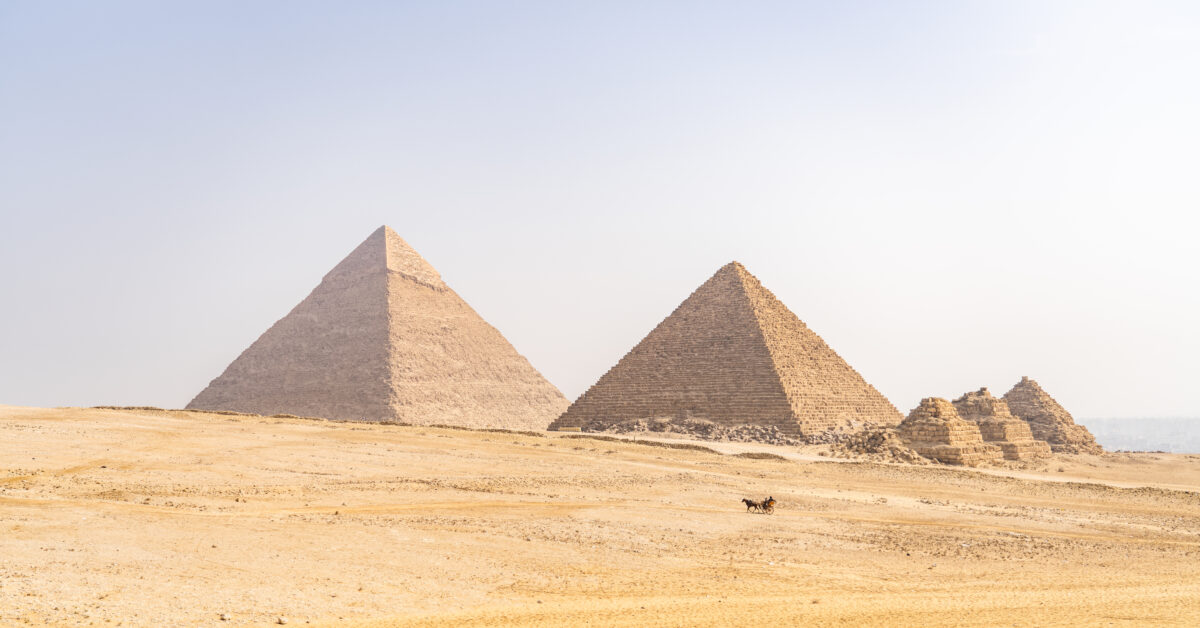
Why wouldn’t you want to go in there?!
Don’t be surprised if someone wants to take your picture
If you have light-colored hair or eyes, it’s quite likely that someone may ask to take a picture with you.
Don’t worry, they’re not trying to scam you. It’s usually children and goodhearted, with no ill-intent. They like to be able to show the pictures to their friends and family because you have a unique look.
I know it may sound odd, but it’s not just an Egyptian thing. There are other countries where I’ve gotten it much more. While in India for Holi, my friend and I had a long line of people waiting to get a picture with us. It may start to get annoying after your 10th or so picture, but be nice. They’re kids.
Adults ask too, for the same reasons, but also if they find you cool or attractive.
Also, don’t be surprised if they want you to take one with your phone or camera as well.
Only once did I ever have a guy ask me for a tip after. I was like “Dude, you’re the one who wanted the picture. Why would I tip you?”
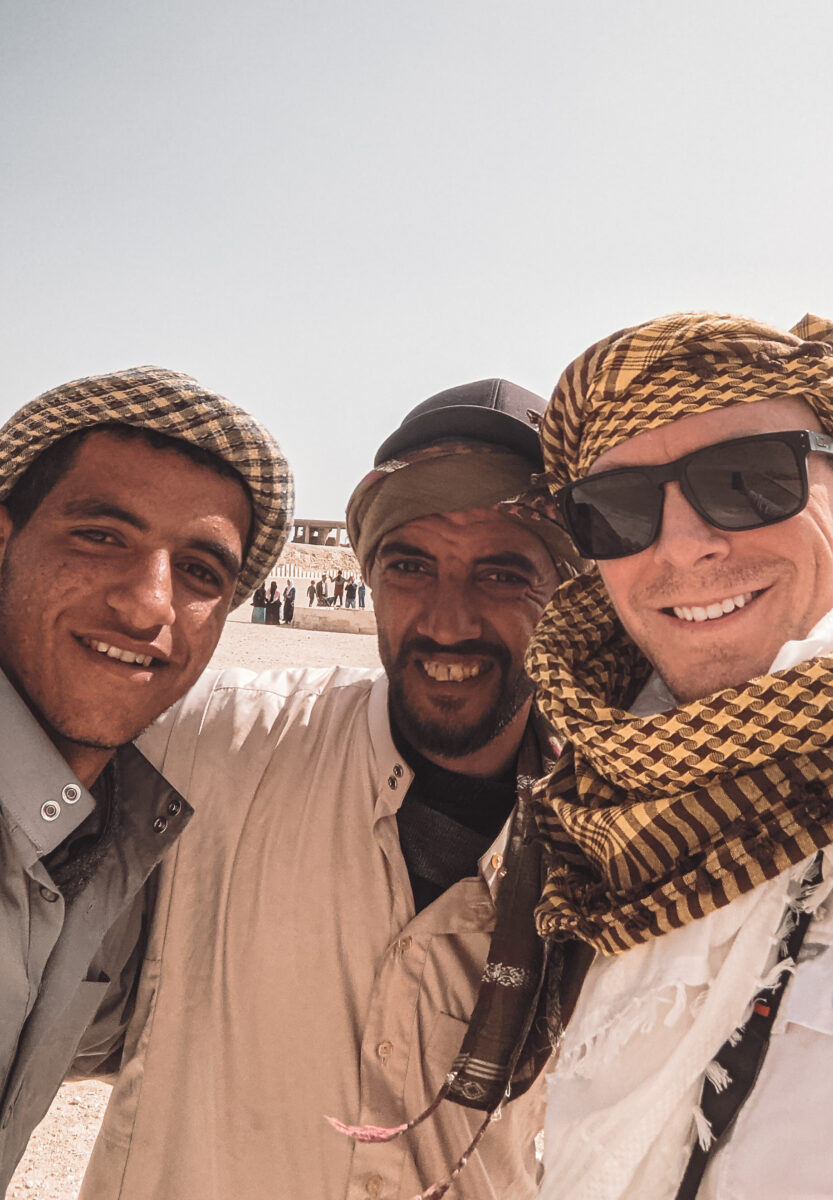
The guy in the middle asked for the tip!
Dress appropriately
While there is no written dress code like in some other countries, tourists should still dress in conservative outfits.
As a rule of thumb, it’s advisable to keep any cleavage, knees, and shoulders covered. That means no posing in a bikini or flexing shirtless in front of the pyramids.
So there you have it for my Egypt travel tips!
What do you think, did I miss anything? Let me know your Egypt travel tips in the comments below!
DID YOU ENJOY THIS ARTICLE ON EGYPT TRAVEL TIPS? PIN IT!
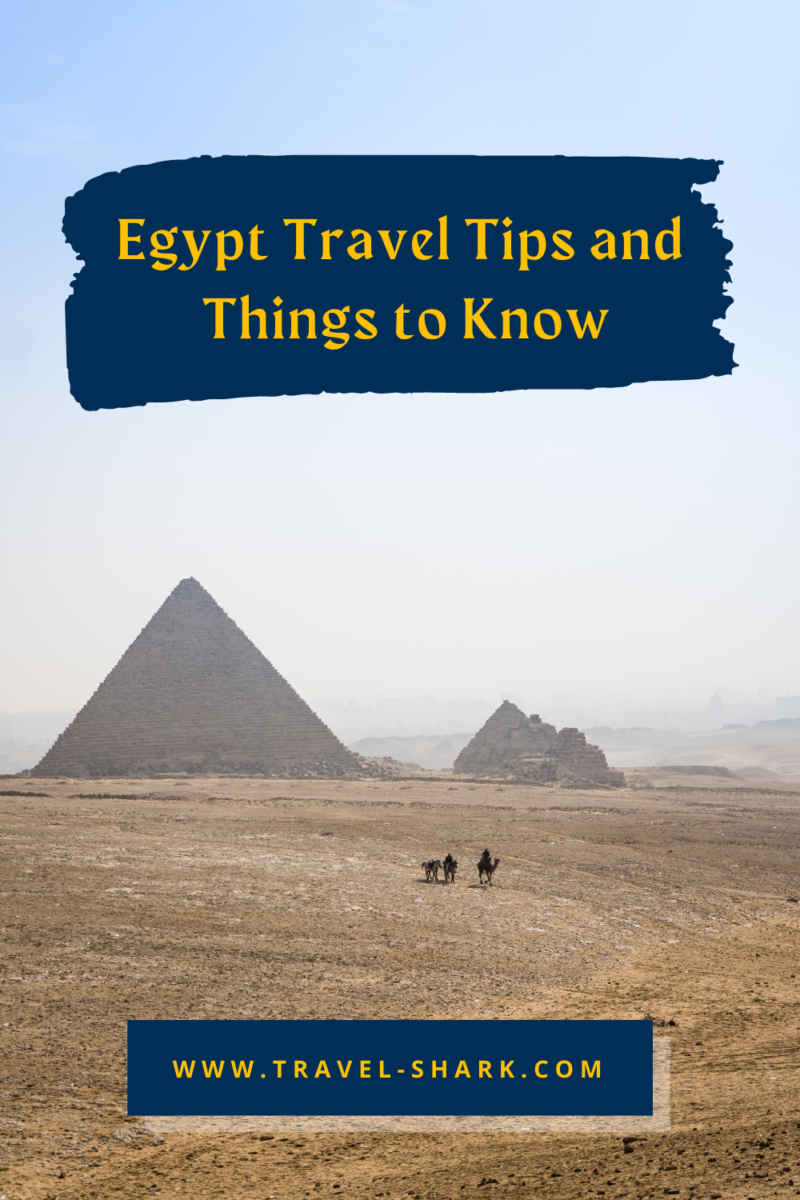

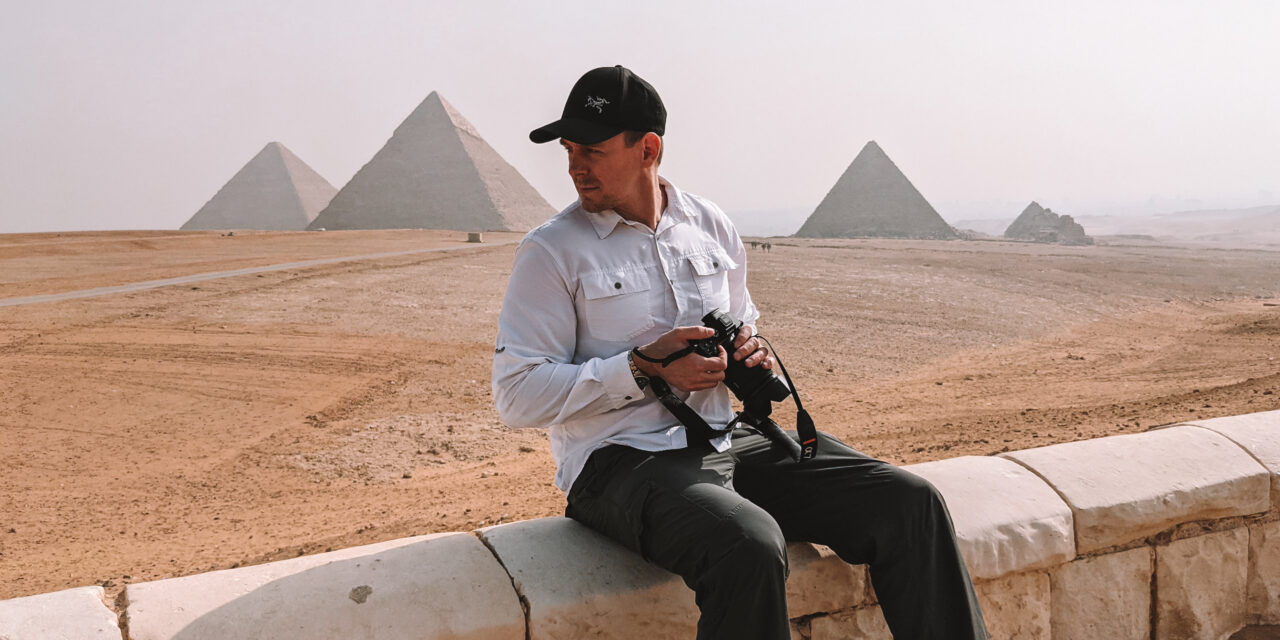
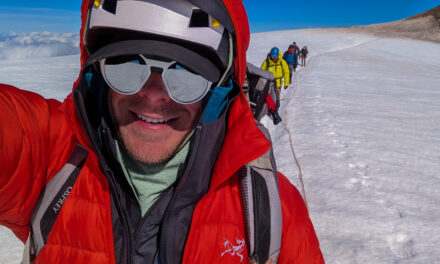
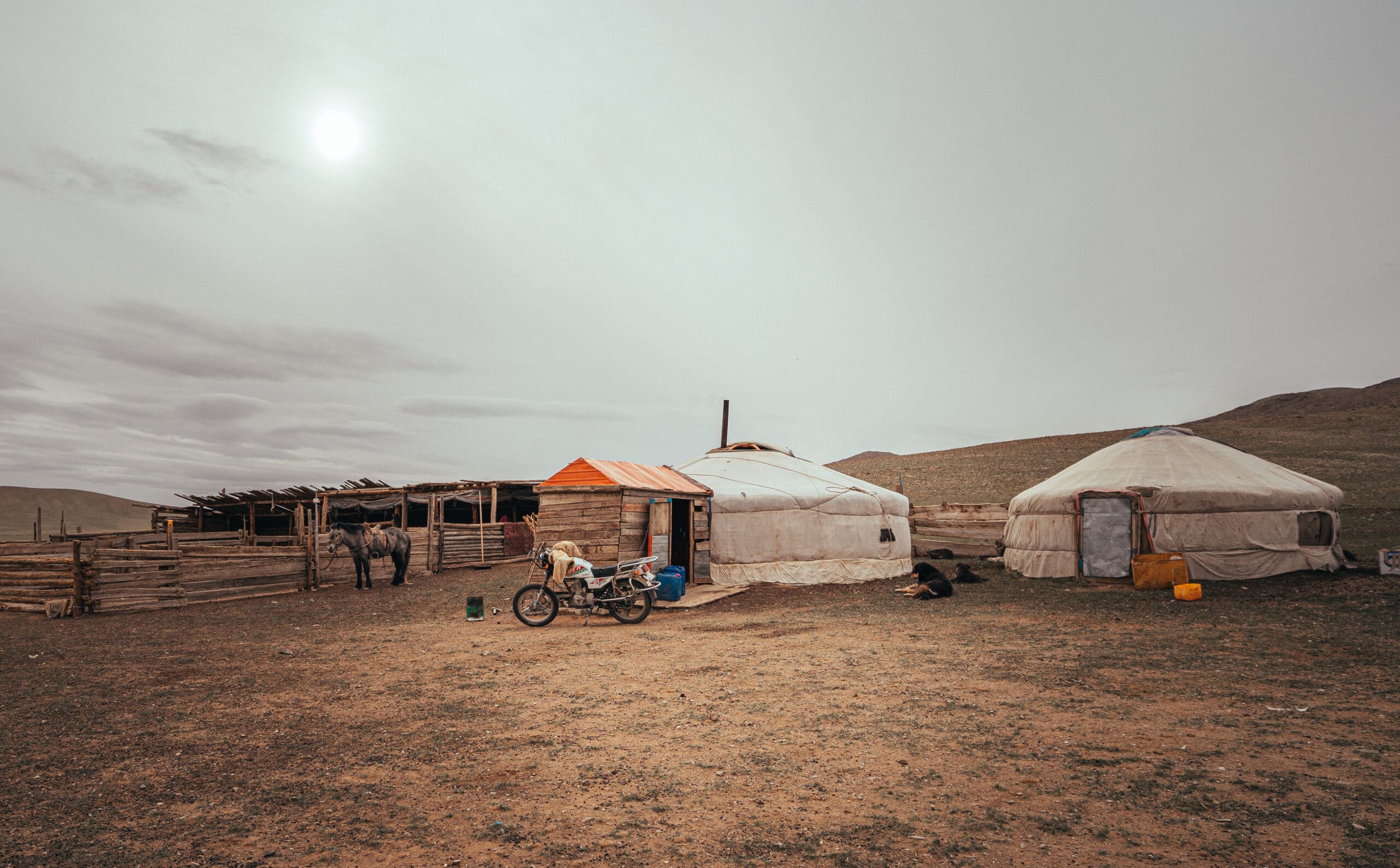

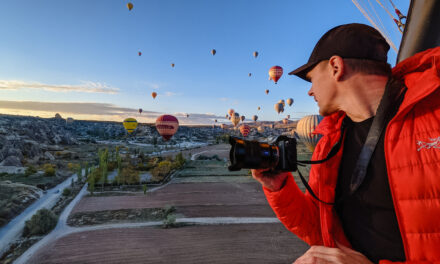

Why such small beers!?
I don’t know but it was annoying! They would only let you get two at a time so it was still like only having half of a cup.
[…] was probably way hotter than 104 while I was in Egypt, but that was a dry heat so it’s not nearly as bad, or noticeable, which can be […]
[…] big thing here, and I talk about it more in my Egypt Travel Tips post, is that you should get the Pyramid Pass and go inside the Great Pyramid. It’s only […]